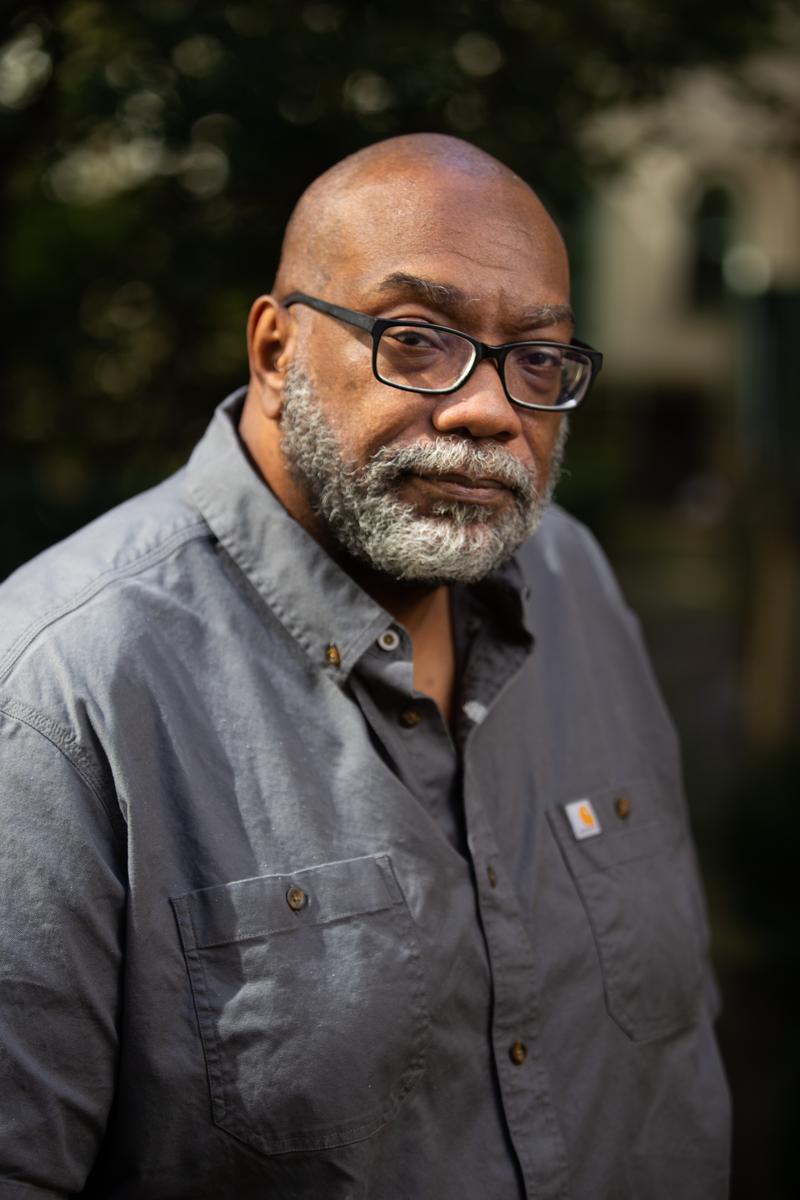[music]
Brian Lehrer: Brian Lehrer on WNYC. There are more geniuses among us all last week. If you were listening, we spent a few minutes at the end of each show with a genius a day. In other words, five of our local 2020 MacArthur Fellows, the awards better known as MacArthur Genius Grants. Today, we're sneaking in one more, because there was one more from our area, and it's new York's Fred Moten, a cultural theorist and poet who was honored to "the MacArthur Foundation for creating new conceptual spaces to accommodate emerging forms of Black aesthetics cultural production and social life." Congratulations, Fred Moten, and welcome to WNYC. We so appreciate you joining us today.
Fred Moten: Thanks for having me.
Brian: In our brief time, one of the things that you've tried to do in your scholarship, as well as in your poetry, is to construct in the words of the MacArthur Foundation new modes of aesthetic inquiry that center blackness. How does one develop new modes of inquiry?
Fred: In my case, it's just been a function of trying to study and understand the rich field of aesthetic inquiry which is already given in Black culture. Maybe the easiest and best way to, for instance, formulate new ways of aesthetic inquiry or new modes of aesthetic inquiry into, say, Billie Holiday's work is just by trying to listen to her as intently and as carefully as possible, because she gives us a way of understanding of the rich experimental work that she's actually trying to do.
Brian: You mentioned Billie Holiday. I'm aware that in your first book In the Break, you examine performance in the formation of Black identities and Black resistance, or you put philosophers like Kant into conversation with musicians like Billie Holiday. What does that look like?
Fred: It looks like trying to search for an excavate in Kant the most interesting and the most radical and most experimental forms of thought that he's able to produce, but to excavate those from some of the most retrograde and vicious and ugly modalities of thought that he both produced them and passed on and accepted from the European tradition that he found himself embedded in.
A lot of it is just maybe reading Kant against the grain of himself. Again, for me, figures like Amiri Baraka, or Cedric Robinson, or Billy Holiday, or Betty Carter, they have embedded in their work modes of thought and thinking that maybe allow us to, for a minute at least, rescue Kant from his own worst impulses.
Brian: One of the ideas I know that comes through in In the Break is how so much of Black performance is improvisation, and for you as an accomplished poet, in your collection The Feel Trio, and national book award finalist, there's this definitely intellectual rigor and also a musicality. One of the many people you referenced in that collection is William Parker, the bass player who's an improviser among other things. What's the relationship between your poetry, which is a written form, and

